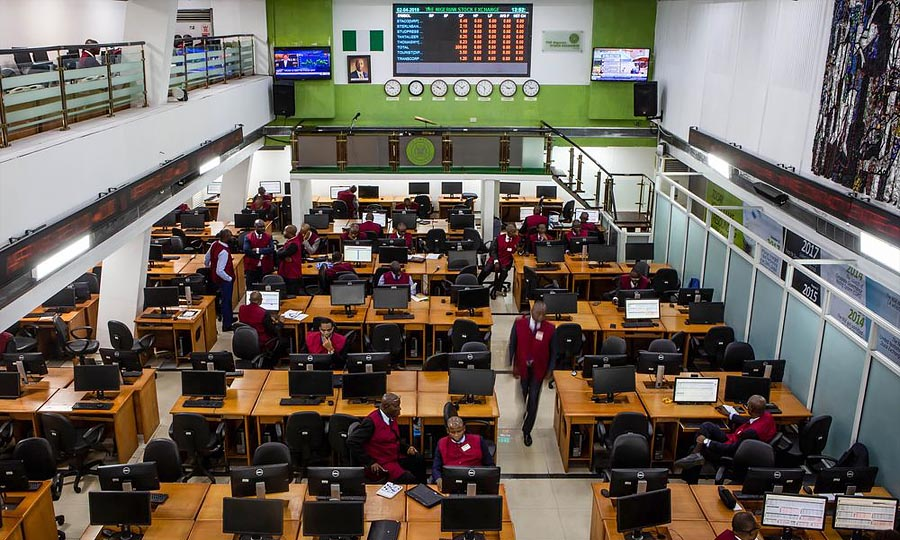
- Seeks to cite lawmakers for contempt
Wale Igbintade
Lagos State has approached the Supreme Court seeking leave to commence contempt proceedings against the National Assembly over its continued move to pass the Central Gaming Bill, despite a subsisting judgment of the apex court declaring such legislation unconstitutional.
In a motion filed on behalf of the Attorney-General of Lagos State by Bode Olanipekun (SAN), the state is asking the Supreme Court for leave to initiate judgment enforcement proceedings through the issuance of Form 48, the legal precursor to committal or contempt proceedings.
Under Nigerian law, Form 48 serves as a formal warning to any person or body in contempt of a court order. Failure to comply after its issuance may result in committal to prison.
According to the affidavit filed in support of the motion, Lagos State contended that the National Assembly’s continued work on the Central Gaming Bill directly violates the Supreme Court’s judgment in SC.1/2008 – Attorney-General of Lagos State & Ors. v. Attorney-General of the Federation & Ors., delivered on November 22, 2024.
The state argued that Clauses 7 and 21–64 of the proposed Bill deal entirely with lottery and gaming matters which the Supreme Court had ruled fall outside the National Assembly’s legislative powers.
It noted that these provisions replicate sections of the now-nullified National Lottery Act, which the Supreme Court struck down in the same 2024 judgment.
Lagos further maintained that both the voided National Lottery Act and the Central Gaming Bill define “lottery” and “online gaming” in similar terms as any game, scheme, arrangement, system, plan, or promotional competition based on chance, or a combination of skill and chance, that requires licensing to operate.
The affidavit stressed that despite the apex court’s 2024 ruling invalidating the National Lottery Act, Clause 62 of the new Bill introduces “savings provisions” intended to revalidate actions taken under the voided law, an act Lagos described as a direct affront to the authority of the Supreme Court.
The state also pointed out that since the Supreme Court delivered its judgment, neither the Exclusive nor Concurrent Legislative Lists under the Second Schedule to the 1999 Constitution (as amended) have been amended to include lottery or gaming , further confirming that the National Assembly lacks power to legislate on the subject.
The 2024 judgment had categorically held that lottery and gaming cannot be regulated by any Act of the National Assembly since these matters are not listed under the constitution’s legislative lists.
The apex court also rejected the National Assembly’s argument that its power derived from Item 62 of the Exclusive Legislative List, which covers “trade and commerce,” or that the interstate and electronic nature of gaming brought it within federal jurisdiction.
By returning to the Supreme Court, Lagos State now seeks to enforce that judgment through contempt proceedings, a move that could set a significant precedent on the limits of federal legislative power and reaffirm the supremacy of judicial authority in Nigeria’s constitutional order.




